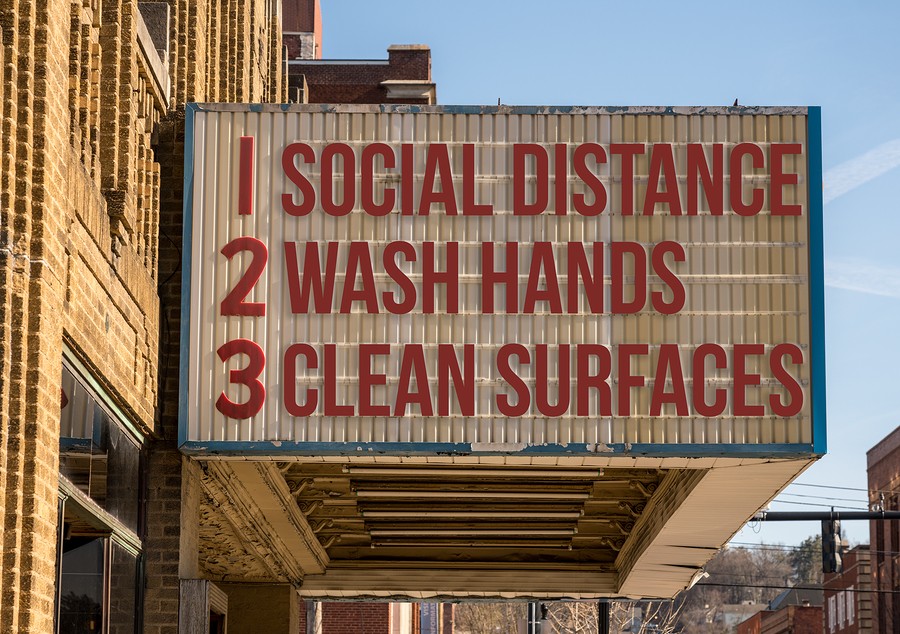Helping Seniors Battle the Unspoken COVID-19 Toll: Loneliness

Social distancing is a new term we have all become familiar with over the past several weeks. An essential step in reducing transmission of the coronavirus, it’s important to note that distancing also can cause social isolation and loneliness. Although this can affect anyone, regardless of age, the elderly are particularly vulnerable at this time.
What exactly is loneliness? We have all experienced loneliness at some time, but a more refined understanding can help us help our loved ones. While social isolation is simply not being around other people, loneliness is a subjective feeling – a sense of suffering from being disconnected from other people. In other words, social isolation may lead to feelings of loneliness. Studies have linked these persistent feelings to higher risks of conditions like heart disease, high blood pressure, anxiety, depression and even death.
How to Help
Experts offer guidance on how we can help our elderly loved ones combat feelings of loneliness and avoid their negative mental and physical health consequences.
Some tips:
- Help with the technology for video chats and social media.
- Set up regular phone calls or video chats on a daily or weekly routine.
- Explore online learning opportunities, especially those designed especially for seniors.
- Help your elderly loved ones to change their expectations for the time being, and understand that this situation is temporary.
Resources: ABC News, The unspoken COVID-19 toll on the elderly: Loneliness, April 14, 2020.


